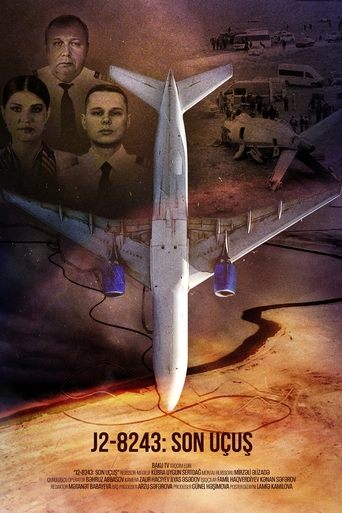
25 Feb 2025

J2-8243: Son Uçuş
No overview found
In the remote region of Semipalatinsk in North-Eastern Kazakhstan live the victims of hundreds of Soviet nuclear tests carried out from 1949 through 1989.

25 Feb 2025

No overview found
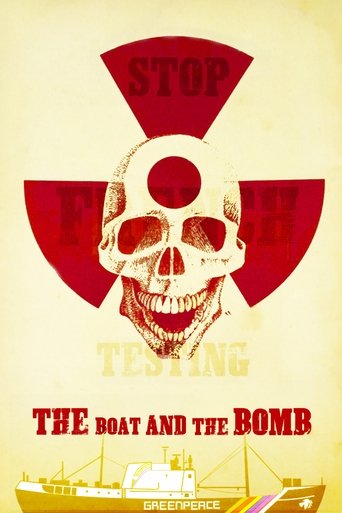
07 Dec 2006

In Aukland Harbour, New Zealand, on July 10th 1985, French navy combat frogmen placed two mines against the hull of the Greenpeace flagship Rainbow Warrior, sinking the ship and killing photographer Fernando Pereira.
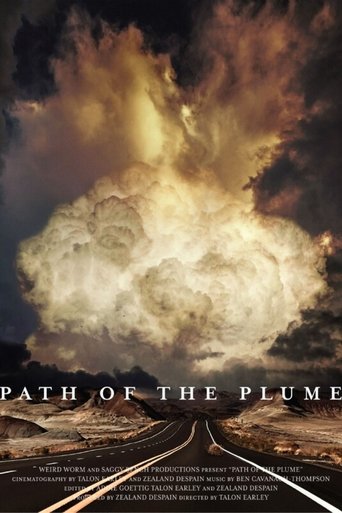
18 Apr 2025

Nuclear weapons are instruments of mass destruction that exact a devastating toll on human life. In the heart of rural Utah, the Lovell family recounts the harrowing tale of nuclear testing’s shadowy legacy and impact on innocent civilians

03 May 2017

For months, the FBI have been investigating Russian interference in the American presidential elections. ZEMBLA is investigating another explosive dossier concerning Trump’s involvement with the Russians: Trump’s business and personal ties to oligarchs from the former Soviet Union. Powerful billionaires suspected of money laundering and fraud, and of having contacts in Moscow and with the mafia. What do these relationships say about Trump and why does he deny them? How compromising are these dubious business relationships for the 45th president of the United States? And are there connections with the Netherlands? ZEMBLA meets with one of Trump’s controversial cronies and speaks with a former CIA agent, fraud investigators, attorneys, and an American senator among others.
25 Aug 2001
A German Documentary about the “village of friendship” that was created by American Veteran George Mizo to help the Vietnamese kids suffering from the Vietnam War.
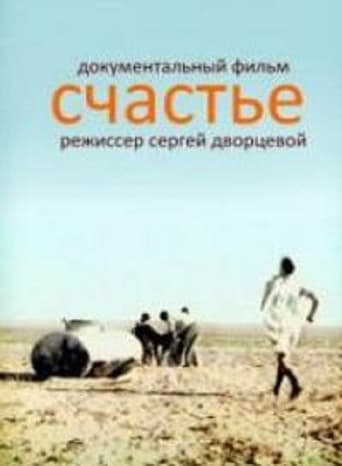
07 Mar 1995

Sergey Dvortsevoy makes his international debut with this astonishingly intimate portrait of a nomadic family on the Kazakh plains. Several scenes in this slow, elegant film betray a certain dry humor -- a child devouring the last of a bowl of yogurt and then crying; a cow getting its head stuck in a pail; and a woman singing to herself, accompanied by her snoring husband. Other scenes capture the nomads' hardscrabble lives -- drunken herdsmen in the grips of existential despair, growling dogs, and a camel enduring a rather grim septum piercing. By the end of the film, the family pulls up stakes and herds its sundry four-legged beasts -- camels, cattle, goats, dogs, and horses -- to a more fertile plain. This film was screened at the 1999 Yamagata International Documentary Film Festival.
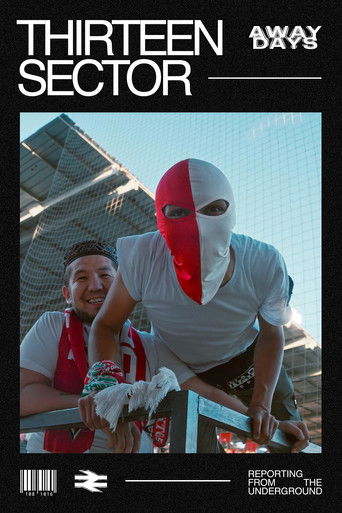
01 Jan 2026

The Islamic country of Kazakhstan is one of the most unlikely places for football hooliganism to take root. And yet, believe it or not, the scene there is growing rapidly. Born from Aktobe’s “13 Sector”, these crews mix British hooliganism, European ultras culture, and ancient Kazakh tradition to create a unique, fully-formed underground counterculture. Forest fights, street patrols, fanaticism—a new scene thriving 3000 miles away from where it all began. Away Days got unprecedented access to these hooligans, travelling all the way to Kazakhstan to meet them. We followed the region’s most notorious firm in the lead-up to the biggest derby of the year…
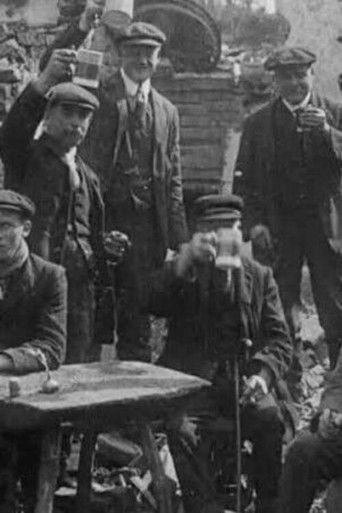
08 Apr 1914

There's an enchanting folkloric quality to this eclair newsreel showing a remote Essex village ravaged by fire.
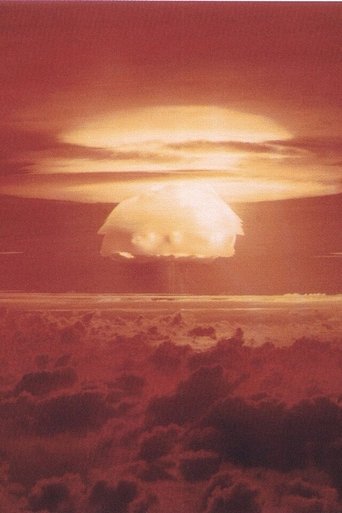
01 Jan 2020

No overview found

15 Apr 2020

Hurricane María abated, the news crews packed up and left Puerto Rico, and the interest of the international community turned elsewhere. What happened next?
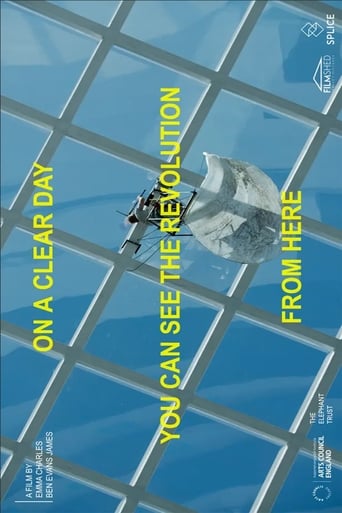
25 Apr 2020

From the lush and green grass of the Kazakh Steppe to the glorifying architecture of its capital, from its giant open-air mines to the traces of invisible nuclear power, Kazakhstan is here captured in fragments. A fake observational film, but a genuine geographical and historical journey, through the remnants of the Soviet past and the contemporary capitalist ambitions of the country.
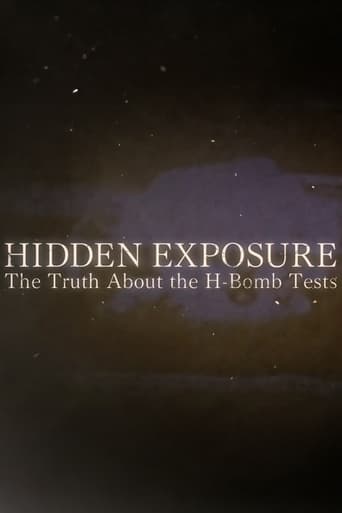
18 Oct 2014

In 1954, the United States tested 6 hydrogen bombs on Bikini Atoll in the Pacific Ocean. Numerous Japanese fishing boats were operating in surrounding waters, and their crews were exposed to radioactive fallout. But the Japanese government has acknowledged the cases of just 23 crewmembers. Now, scientists from Hiroshima have shed light on facts that had been buried for 60 years.
WORLD PREMIERE: It is the 70th anniversary of the first nuclear test in indigenous Australian territory and the aboriginal communities call on activists from all over the world to carry out a 200 km anti-nuclear walk through the desert. Among them, the directors of this documentary join to record this walk, which seeks to end the extraction of uranium, the mineral with which atomic bombs are produced. What attitude will we take as humanity in the face of the possibility of creation and destruction
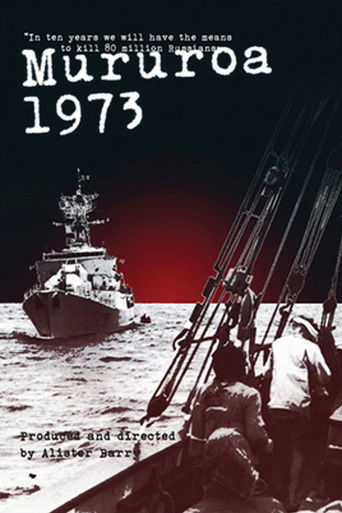
08 Oct 1973

In 1973 Alister Barry joined the crew of a protest boat (The Fri) to Mururoa Atoll, where the French Government were testing nuclear weapons. Barry records the assembly of the crew, the long journey from Northland, and their reception in the test zone; when The Fri was boarded and impounded by French military he had to hide his camera in a barrel of oranges.
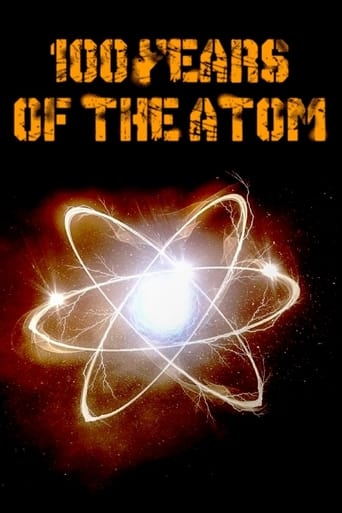
05 Dec 2020

The exciting story of the splitting of the atom, a scientific breakthrough of incalculable importance that ushered in the nuclear age, has a dark side: the many events in which people were exposed to radiation, both intentionally and by accident.
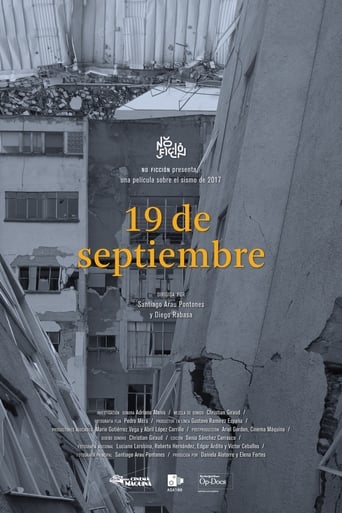
13 Aug 2018

Filmed mostly with drones, this short film shows what happened before, during and after the devastating earthquake that struck Mexico City in September 19, 2017. Through sound recordings of the rescue operations, accounts from survivors and journalistic chronicles, this film reflects the uncertainty and bewilderment caused by the quake.

01 Jan 1996

60 years ago, in the Algerian desert, an atomic bomb, equivalent to three or even four times Hiroshima, exploded. Named the “Blue Gerboise”, it was the first atomic bomb tested by France, and of hitherto unrivaled power. This 70 kiloton plutonium bomb was launched in the early morning, in the Reggane region, in southern Algeria, during the French colonial era. If this test allowed France to become the 4th nuclear power in the world, it had catastrophic repercussions. France had, at the time, certified that the radiation was well below the standard safety threshold. However, in 2013, declassified files revealed that the level of radioactivity had been much higher than announced, and had been recorded from West Africa to the south of Spain.

09 Sep 2004

From 1957 to 1978, scientists secretly removed bone samples from over 21,000 dead Australians as they searched for evidence of the deadly poison, Strontium 90 - a by-product of nuclear testing. Silent Storm reveals the story behind this astonishing case of officially sanctioned "body-snatching". Set against a backdrop of the Cold War, the saga follows celebrated scientist, Hedley Marston, as he attempts to blow the whistle on radioactive contamination and challenge official claims that British atomic tests posed no threat to the Australian people. Marston's findings are not only disputed, he is targeted as "a scientist of counter-espionage interest". Now, questions are being raised about the health repercussions for generations of Australians.
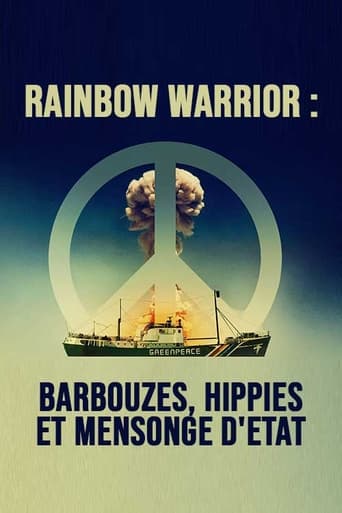
19 Sep 2022

The Rainbow Warrior was a Greenpeace ship that was bombed by operatives of the French government, in New Zealand in 1985, while heading to a protest against nuclear testing, tragically taking the life of photographer Fernando Pereira. Edward McGurn’s enlightening and exciting documentary uncovers a tangled tale of nuclear weapons, geopolitical coverups, and attempts to take action against impending environmental collapse. Was Pereira’s death an accident or part of a larger political plot?
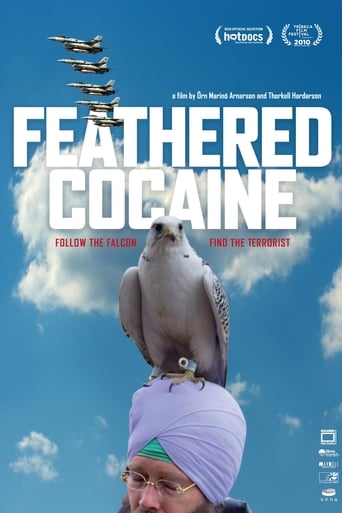
12 Nov 2010

FEATHERED COCAINE is not a wildlife documentary. It is a documentary about the international trade of falcons. After the trade of drugs, people and weapons, smuggling falcons is ranked No 4 in the list of the most profitable illegal trades. Most people are not aware that the effects of the falcon trade has exerted huge influence over thousands of years on politics, economy and society all around the world. FEATHERED COCAINE reveals in an investigative way the contexts between the trade of falcons and historical events, where royal dynasties, institutions like the CIA and the KGB, the oil industry and Al Queda were involved. This documentary was filmed and released shortly before the 'supposed' execution of Osama bin Laden, who CIA Operative Alan Parrot & his Team had met with 6 times between 2004 & 2010. As of October 11th, 2020.